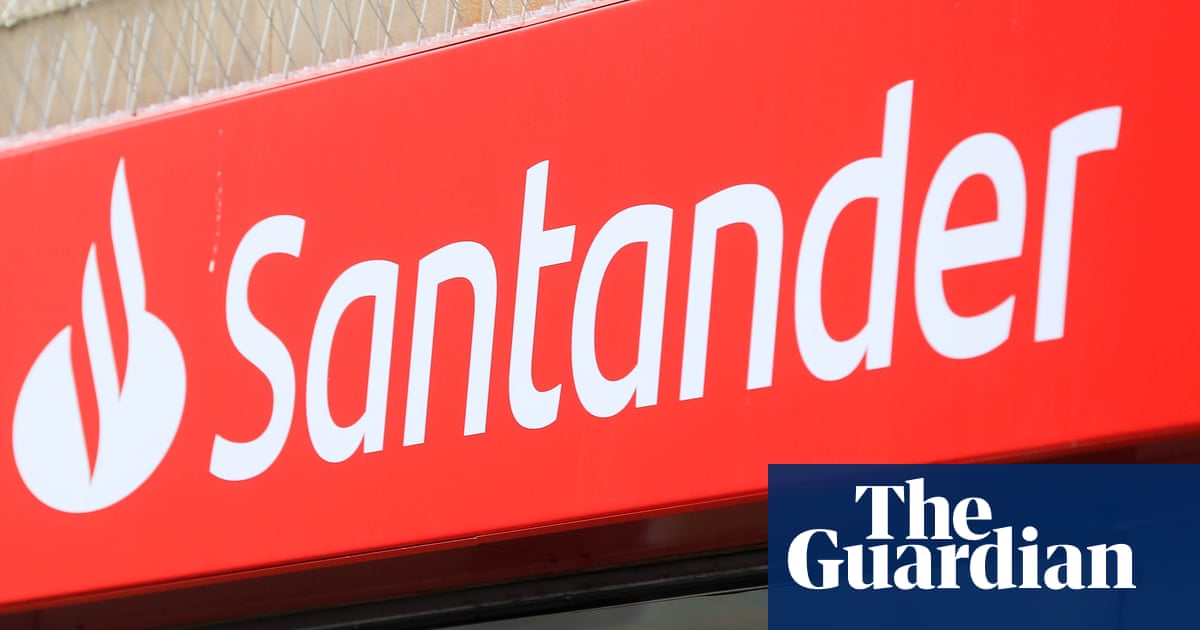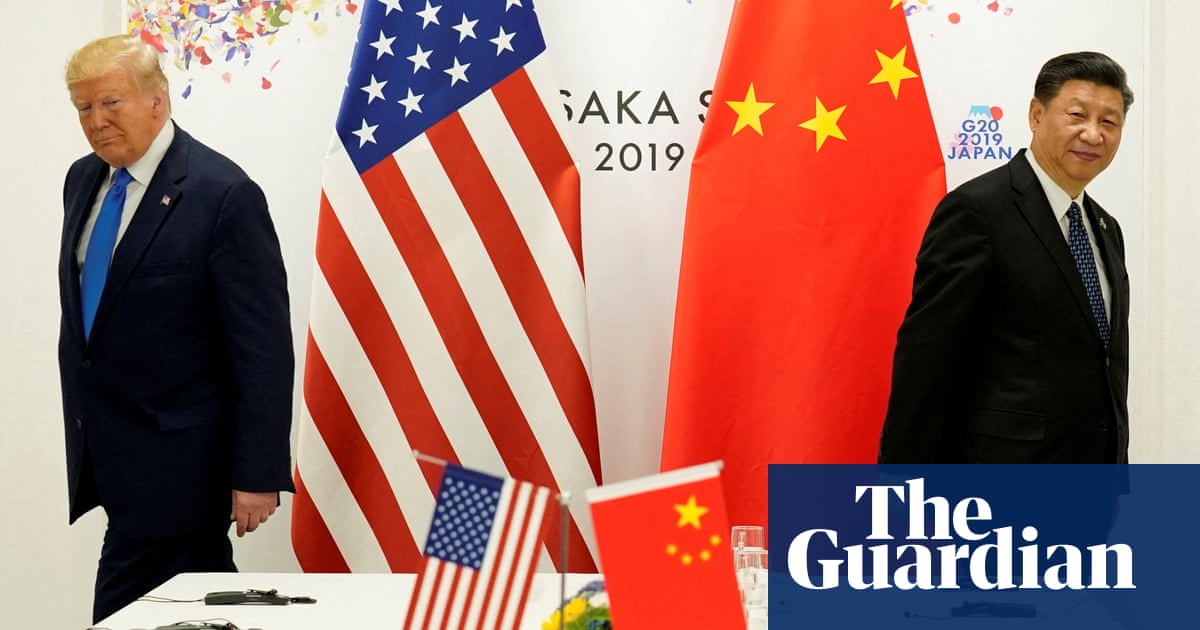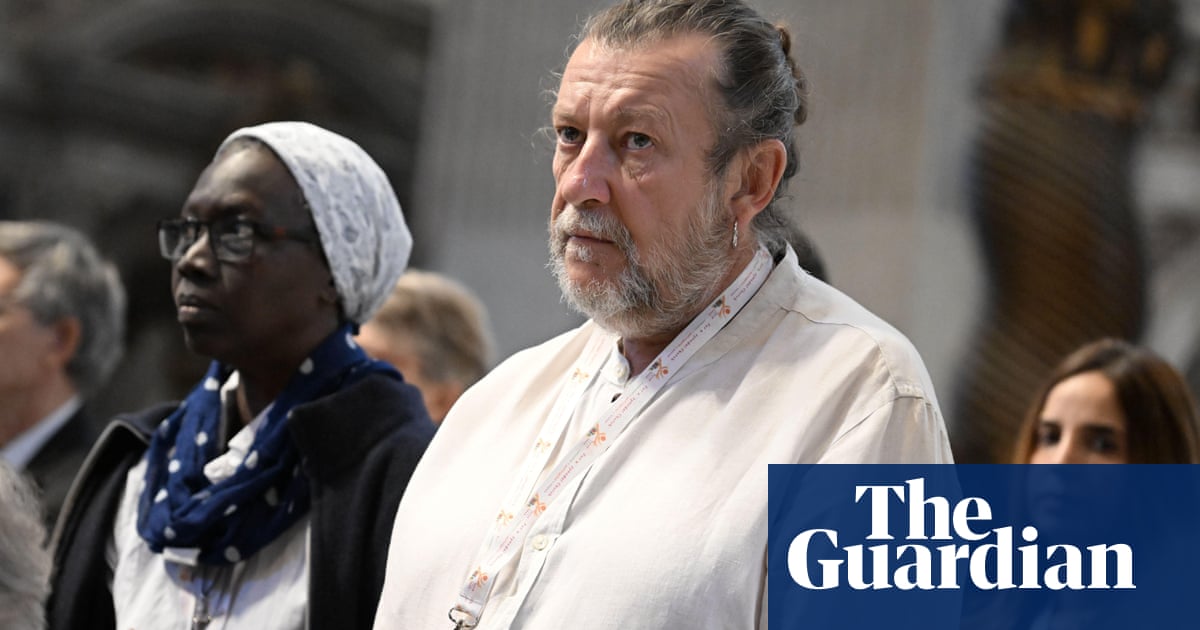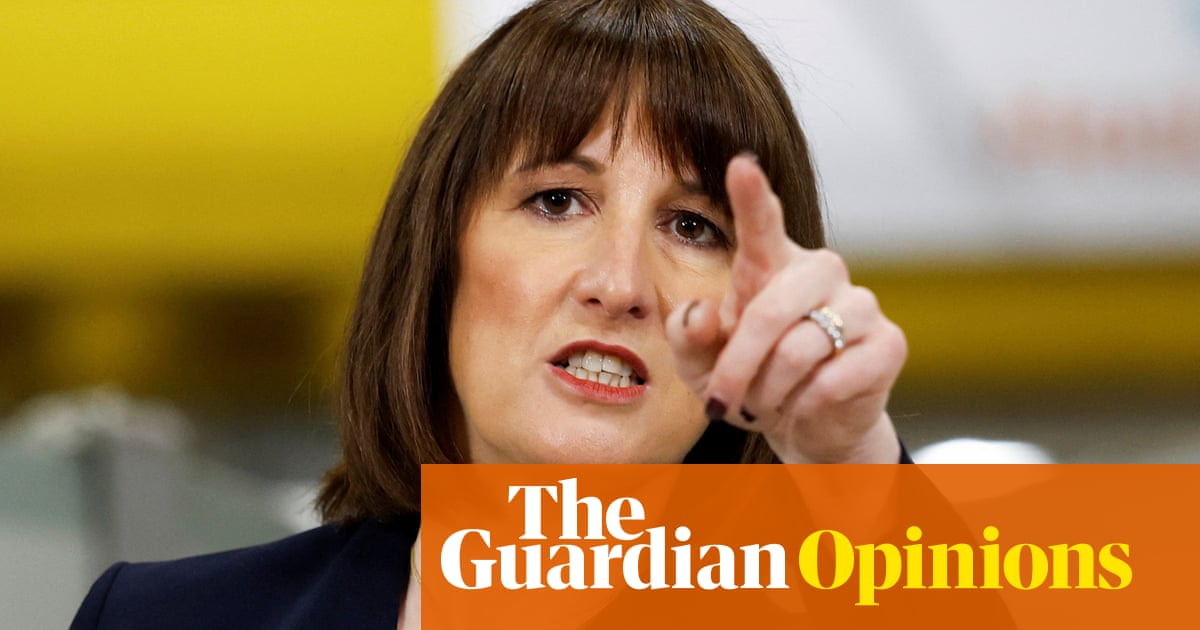The German chancellor, Olaf Scholz, has called on opposition parties to support key legislation after last week losing his majority in parliament, urging them to prevent his country from becoming as polarised as the US.
“There is no democracy without compromises,” Scholz said in a speech to the lower house of parliament on Wednesday. “Let us, for the good of the country, work together until the new election,” he said in an unusually fiery appeal to members of the Bundestag.
A week after his three-party “traffic light” coalition government collapsed just as Europe was digesting the results of the US presidential election, Scholz confirmed that he would ask for a vote of confidence to take place on 16 December. That would pave the way for early parliamentary elections in February.
Germany has been governed since 2021 by a coalition led by Scholz’s left-leaning Social Democrats with the smaller pro-business Free Democrats and the Greens. It was an uneasy and fractious alliance, and it collapsed last week when Scholz fired the finance minister, Christian Lindner, of the Free Democrats, in a late-night move after disagreements over how to revive the shrinking economy.
“The date at the end of February has now been set and I am very grateful for that,” the chancellor said on Wednesday.
The chancellor had initially wanted to have an early election by late March – ahead of the vote that had been scheduled for September 2025. However, the centre-right opposition had pushed for a quicker vote in the parliament to speed up the process.
During his speech, Scholz shifted into campaign mode – though the heated part of campaigning usually only begins about six weeks before an election in Germany.
Four candidates are expected to make their bid for the chancellery with voters in February.
Scholz has said that he wants to run as chancellor candidate again – even though his party has not yet announced his candidacy.
Friedrich Merz, the head of the main opposition party in parliament, the Christian Democrats, which is leading the polls, was officially nominated as candidate by his party in September.
On Wednesday, he tore into Scholz’s record, saying Germany urgently needed a “completely different type of politics”. Under the leadership of a CDU-led government, he said, that would include backtracking on the government’s climate policies and immigration reform.
Also speaking in the packed Bundestag, Lindner said Scholz did not appear to be listening to the German people. “If you only go round in a circle, you can’t expect to lead a coalition of progress,” he said. Of his sacking, he said: “Sometimes being relieved of something is freeing.”
For the Greens, the country’s economy minister and vice-chancellor, Robert Habeck, will lead his party as candidate for chancellor.
The Greens are a small party that lost popularity in recent elections and whose support hovers at about 10%, which means it is unlikely he would end up as the country’s leader.
The far-right Alternative for Germany (AfD), has said it would nominate the party’s leader, Alice Weidel, next month as its candidate.
Merz’s Christian Democrats have been polling at about 30% or more for the past year. Scholz’s Social Democrats, the strongest governing party, are on third place with about 16% – behind the AfD, which is polling at about 19%.
The main campaign issues are likely to be the country’s ailing economy, which led to the collapse of the government in the first place, more efficient control of migration, and the foreign policy issues of Russia’s war on Ukraine and the next presidency of Donald Trump.
after newsletter promotion
Associated Press and Reuters contributed to this report.

.png) 2 months ago
16
2 months ago
16













































